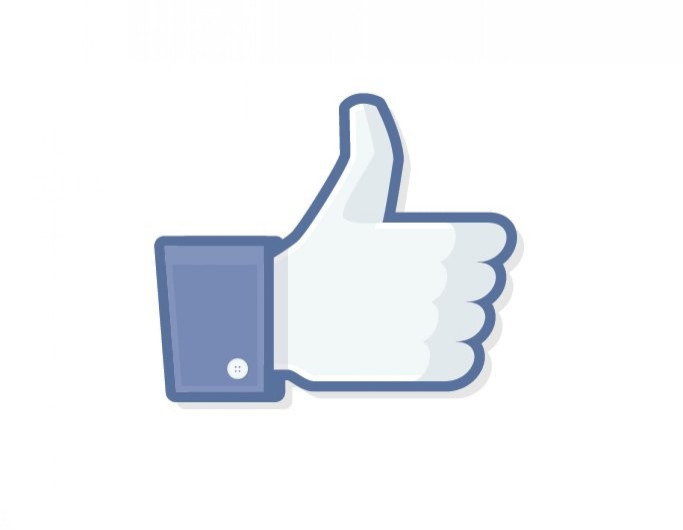Facebook IPO: Can It Buck the Trend of Other Failed IPO's?

Facebook is preparing to launch their historic initial public offering as soon as this week, with public sales of stock expected to begin in April. Facebook's IPO will be the largest ever at $10 billion; six times larger than Google's, whose IPO was $1.64 Billion in 2004.
Facebook, according to various rumors, will be filing form S-1 with the U.S. Securities and Exchange Commission after the market closes on Wednesday. The form is used by companies to register their securities with the SEC in advance on an IPO. Companies filing an S-1 must divulge their revenue and profits, and Facebook is preparing to list its company value between $75-$100 billion, which would make Facebook more valuable than Disney ($61 billion), Amazon, ($88.3 billion) and McDonalds ($95.6 billion).
Facebook's 2011 revenue was projected to be $4.2 billion, 89 percent of which comes from advertising, according to Mashable. Facebook rakes in more revenue from online ads than any other site, and makes up 28 percent of the ads seen online. The site will need to continue to do so if it wants to stay successful.
Facebook's expected valuation of as much as $100 billion, or about 20 times revenue, is high, Kathleen Smith, principal at Renaissance Capital, told USA Today. You have to believe that revenue growth is 50 percent to 100 percent over the next couple years to justify that.
Other than the massive amount of money Zuckerberg and the other 3,000 Facebook employees stand to make from a successful IPO, Facebook said that it hopes its IPO will attract better talent, and, in the end, make a user's experience with the site better. The fight for technical talent is really high and the ability to find really great employees is difficult, Chamath Palihapitiya told Bloomberg TV. So ultimately, I think we're moving to a world where the ability to tell a potential recruit, 'hey in two years, you'll be able to sell a part of your vested holdings,' will become the trump card.
History, however, is not on Facebook's side.
In December of last year, Zynga, a social network game developer, had a $1 billion IPO, slightly less than Google's, and had a first day bust. Shares were priced at $10 at market open, but fell 5 percent at close. The reason? Investors found the Zynga's valuation and IPO too rich.
[Zynga] shouldn't be valued at three times what other companies in that space are valued at, Jeffrey Sica, chief investment officer of Sica Wealth Management LLC, told BusinessWeek. That's why people looked at it as having a potential downside. Investors found it too rich.
Shares of the company hit an all-time low on Jan. 6, 2012, finishing the day at $8.45.
Other websites, such as Groupon and Angie's list had IPO's in 2011 as well - both to disappointing results. Groupon, which raised $805 million in its IPO, surged initially, but has been falling steadily since. Angie's List, which raised $132 million, fell from almost $16 a share on its first day trading to $11.56 a share less than two weeks later. The stock has rebounded slightly, and is up to $14.78.
Facebook's IPO could set the stage for future tech IPO's. We are expecting 2012 to be a year of recovery for the IPO market led by the Facebook IPO, Kathleen Smith told IBTimes
Only time will tell if Facebook is the one to buck the trend and stay successful.
© Copyright IBTimes 2025. All rights reserved.





















